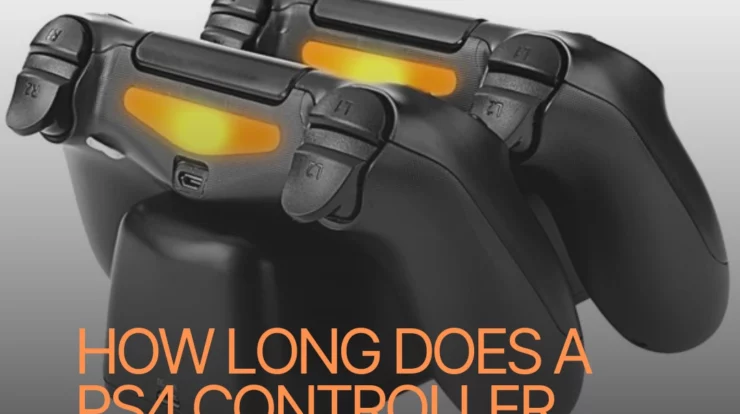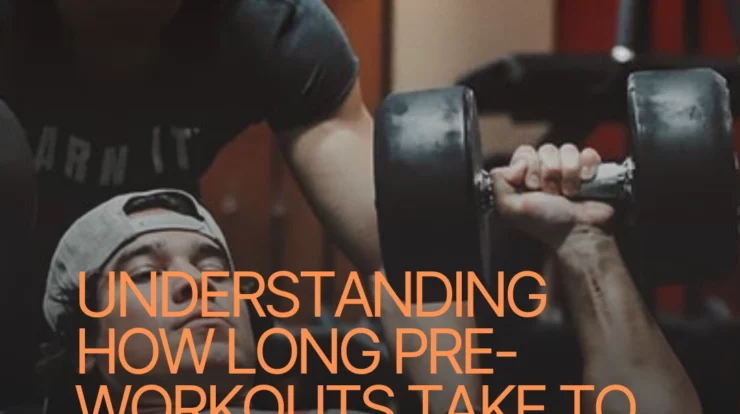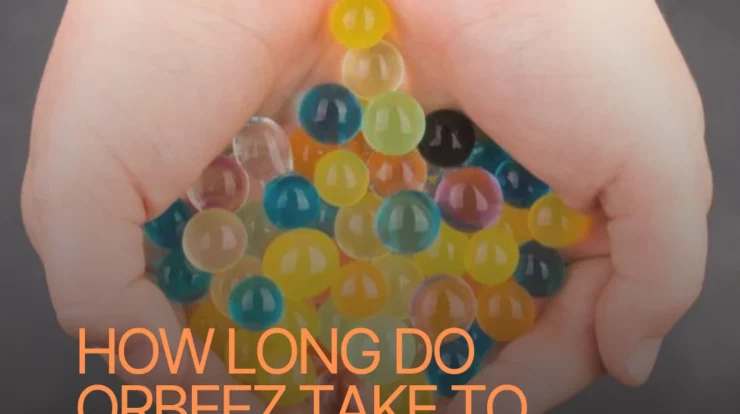
How Long Does JB Weld Take to Dry
Introduction
When it comes to bonding materials together, JB Weld is a name that often surfaces as a reliable solution. Whether you’re working on automotive repairs, household fixes, or DIY projects, JB Weld can be a lifesaver. However, one crucial aspect that can make or break your project is understanding how long JB Weld take to dry. In this comprehensive guide, we’ll delve into the intricacies of JB Weld drying times, factors that influence them, and how to ensure a successful bond.
Understanding JB Weld
Composition and Types
JB Weld is an epoxy adhesive that consists of two parts: resin and hardener. When mixed in equal proportions, these components create a strong, durable bond. There are various types of JB Weld available, each formulated for specific applications, from the original JB Weld to specialized products like KwikWeld and WaterWeld.
Common Applications
JB Weld can be used in a wide range of applications, from mending cracked engine blocks to fixing household items like ceramics and plastics. Its versatility makes it a popular choice for both professional mechanics and DIY enthusiasts.
Advantages Over Other Adhesives
Compared to traditional adhesives, JB Weld offers several advantages, including exceptional strength, resistance to high temperatures, and the ability to bond dissimilar materials effectively.
Factors Affecting Drying Time
Temperature
Temperature plays a significant role in how quickly JB Weld dries. Warmer temperatures generally result in faster curing times, while colder conditions can slow the process considerably.
Humidity
Humidity levels in your environment can affect the drying time of JB Weld. Higher humidity tends to prolong curing, while lower humidity speeds it up.
Thickness of Application
The thickness of the JB Weld layer applied can impact drying time. Thicker applications take longer to cure than thinner ones.
Type of JB Weld Used
Different JB Weld products have varying drying times. Understanding these differences is crucial for project planning.
Drying Times for Different JB Weld Products
Let’s take a closer look at the drying times for some popular JB Weld products:
| JB Weld Product | Quick Overview | Detailed Drying Time |
|---|---|---|
| JB Weld Original | Versatile epoxy for a wide range of uses. | Approximately 4-6 hours to set. |
| JB Weld KwikWeld | Fast-setting epoxy ideal for quick repairs. | Sets in 4-6 minutes, fully cures 4-6 hours. |
| JB Weld WaterWeld | Waterproof epoxy for underwater repairs. | Sets in 20-25 minutes, fully cures 15-24 hours. |
| JB Weld HighHeat | Heat-resistant epoxy for high-temperature applications. | Sets in 1 hour, fully cures in 24 hours. |
Tips for Accelerating Drying
Using Heat
Applying gentle heat to the bonded area can speed up the curing process, especially in colder conditions. Be cautious not to overheat, as it can affect the bond’s quality.
Increasing Airflow
Improving ventilation and airflow around the curing JB Weld can help reduce drying time, especially in humid environments.
Proper Surface Preparation
Ensuring that the surfaces to be bonded are clean and free of contaminants is essential for a strong bond and quicker drying.
Avoiding Common Mistakes
Rushing the Process
Attempting to rush the drying process by applying excessive heat or force can compromise the bond’s strength and durability.
Overapplication
Applying more JB Weld than necessary not only wastes the product but also increases drying time and can weaken the bond.
Not Checking for Dryness
Neglecting to check if JB Weld is fully dry before subjecting it to stress can lead to premature failure.
How to Tell If JB Weld Is Fully Dry
Visual Cues
Look for visual cues like a consistent color change and the absence of a sticky or tacky feel on the surface.
Tactile Tests
Gently touch the bonded area to check for dryness. It should feel solid and not leave any residue on your fingertips.
Real-Life Applications
JB Weld’s versatility extends to various real-life applications, including:
Automotive Repairs
From fixing exhaust systems to sealing radiator leaks, JB Weld is a trusted companion for automotive enthusiasts.
Household Repairs
Repairing broken ceramics, plumbing fixtures, or even plastic items can be done efficiently with JB Weld.
DIY Projects
Craftsmen and hobbyists use JB Weld to create durable and long-lasting projects, from sculptures to outdoor furniture.
Conclusion
In the world of adhesives, patience is indeed a virtue when working with JB Weld. Understanding the factors influencing drying times and choosing the right product for your project can make all the difference. JB Weld’s exceptional bonding capabilities and versatility make it a valuable tool for a wide range of applications.
FAQs
Q: How long does JB Weld take to dry in ideal conditions?
In ideal conditions (around 70°F or 21°C, with low humidity), JB Weld Original typically sets in about 4-6 hours.
Q: Can I speed up the drying process?
Yes, you can speed up the drying process by using gentle heat or improving airflow around the bonded area.
Q: What happens if JB Weld doesn’t dry properly?
If JB Weld doesn’t dry properly, it may result from improper surface preparation, extreme environmental conditions, or incorrect mixing ratios. It’s essential to identify the issue and take corrective measures.
Q: Can JB Weld be used on outdoor projects?
Yes, JB Weld offers specific products like WaterWeld designed for underwater and outdoor applications. However, you should consider the product’s curing time and resistance to weather conditions when using it outdoors.
Q: Are there any safety precautions when using JB Weld?
While JB Weld is generally safe to use, it’s advisable to wear gloves and work in a well-ventilated area. Avoid skin contact and eye contact with the uncured product, and follow the manufacturer’s safety instructions on the product label.






